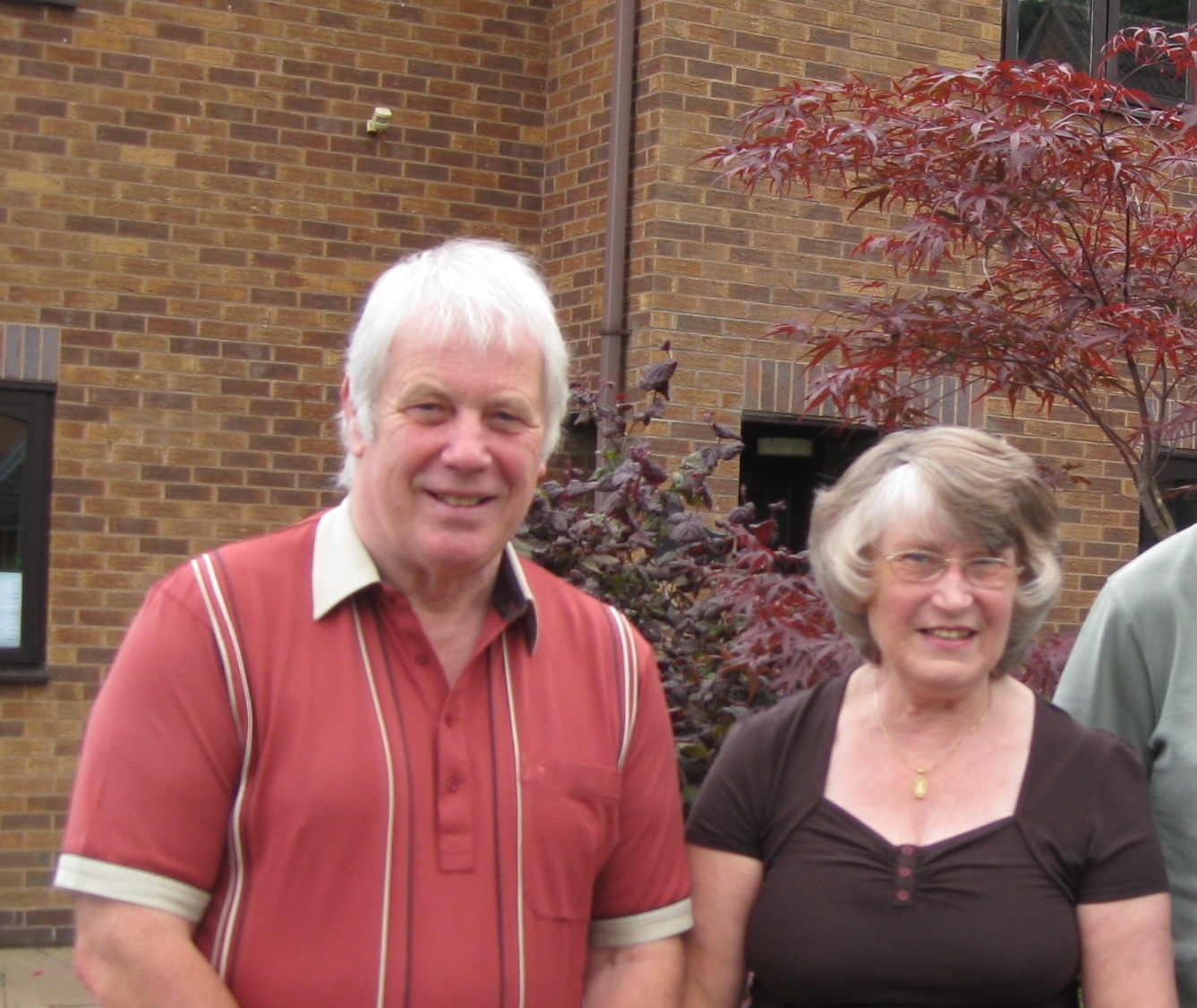
How our kidney care journey began
I was unaware of any problems with my kidneys until I had a blood test for other issues, some ten years ago, and my kidney function was slightly lower than the norm. For the next couple of years this was monitored, first by my GP, and then by Derby hospital. About 4 years ago, I was told that Dialysis would be required in a couple of years, and I was given a book to read on the subject.
Both myself and my husband’s knowledge of Dialysis was very limited. We knew that people went to hospital 3 or 4 times a week for 3 or 4 hours at time. They would get connected to a machine, which removed their blood, cleaned it and put it back in them. This appeared to us to be the easy option. I would just have to turn up at hospital, lie on a bed, perhaps read, have a snooze or maybe if allowed, look at my phone, tablet or TV.
This type of Dialysis however, would seriously affect the lifestyle of my husband and myself. For a start we live some 30 minutes away from the hospital, and it takes 15 – 20 minutes to park once you arrive. But what was more important to us is that we would have to curtail all our charitable activities (we open our garden for charity, and often visit groups and clubs to give Garden Talks).
Exploring home dialysis
So, we thought we would explore Home Dialysis – which we did! It was quite daunting! We were both in our seventies, and although we believe that we are quite competent, capable and efficient in the things we do, we would still be taking my life in our hands.
How will we remember everything? What if we do something wrong? How much room do we need? Will we still be able to go away on holiday? How do we dispose of the waste? What happens if you are ill? What will it feel like carrying all this fluid in me? Will I be able to bend down? Can I have a bath? How big is the Tube? Will I have to go on a special diet? Can I still have a glass of wine? etc., etc., etc.
There were so many questions and concerns, many of which may seem trivial, and not what you would want to ask at your 15 minute appointment with the Renal Consultant. After all, at this meeting all you really want to know about is your health, your future prognosis and your medication.
As my kidney function continued to decline, the reality dawned that my life would never be the same again. This thing was going to be with me twenty-four hours a day, seven days a week for the rest of my life. It was going to control my life and my husband’s life. How would we cope, there was so much to take in. As well as the health and medical side of things, there were the practical aspects, the routines, the dressing changes, the cleanliness, the set-up at home, the deliveries, the storage…
At this stage, still possibly 6 months before I would need to start dialysis, we spoke to a lady at our church, whose husband was a kidney patient, and who was doing Peritoneal Dialysis at home. She was very helpful, and we learned a lot from her. She invited us to go to her house and watch her husband carry out his exchange. This was brilliant! From this point we knew we could mirror what they were doing, and cope with anything we were faced with. We went back a second time to see their set-up and process and our confidence really grew.
Getting involved in Quality Improvement
It was probably from this point that we decided that we would do what we could to help other people who were facing the prospects of dialysis and were experiencing the same concerns and uncertainty that we had.
The Renal Team at the hospital have been brilliant, and we cannot praise them enough. However, talking to other patients, discussing experiences, sharing tips and practical ideas is an added bonus, and when I was invited to attend the KQuIP meetings, I had no hesitation in accepting.
Since being involved we have attended the unit’s Pre-Dialysis meetings on several occasions, been part of the new PD support group, attended patient social functions and have hosted a patient and PD team ‘Afternoon Tea’ in our Garden.
In our opinion, involving patients in change and quality improvement adds a valuable new dimension to the project. The whole Renal Department at Derby are very good. They will help with all they can, but there are still a number of things they don’t know. They have not experienced carrying an extra 2 litres of fluid around in their body, and quite what happens to it when your husband inadvertently drives too fast over a speed bump! They don’t know what it feels like when it’s not draining properly, or when you are having bowel problems, or when your machine beeps in the middle of the night for no apparent reason. They will not have experienced the dilemma in choosing clothes to be comfortable and which will fit the new shape of your body and your ‘Exit Site’, not to mention the fact you can’t even see your own ‘Exit Site’, which can be awkward if you have to change your own dressing, or protect it ready for a shower.
These lived experiences are just a few examples (and there are many more) of the areas where we think patient input can offer new insights and perspectives to Quality Improvement.
